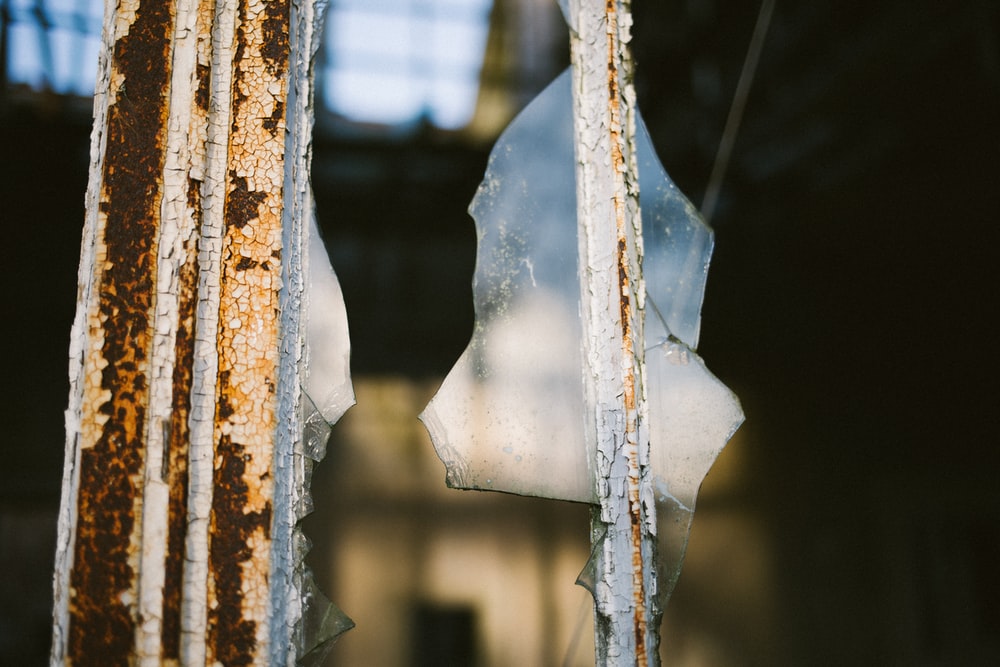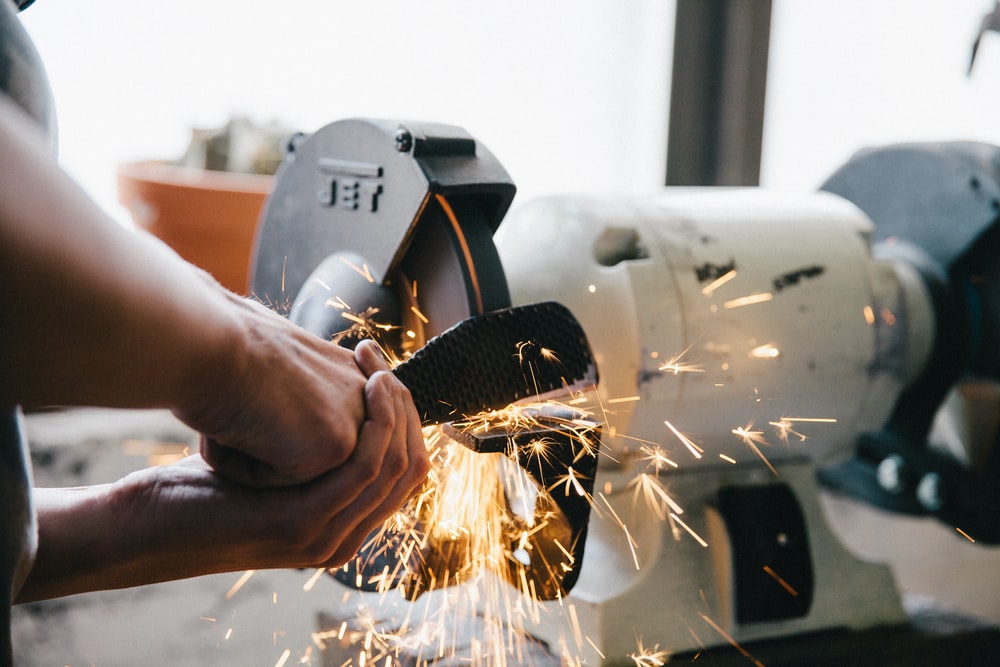
Corrosion refers to the deterioration of metallic surfaces due to oxidation. In most cases it is seen as rust. It can quickly become a problem if not managed or prevented early enough. Corrosion can potentially ruin the stability and functionality of important machinery. In addition to posing danger to your staff, it can also cost your organization thousands of dollars in repairs.
For this reason, it is important to know the basics of prevention of corrosion and take the right measures. Here are helpful tips.
Use the right corrosion inhibitor
Simply put, corrosion inhibitor is a compound that, when added to a gas or liquid, can potentially decrease or slow down the corrosion rate of a material such as an alloy or metal once it comes into contact with the fluid. There are different categories of corrosion inhibitors and your choice will depend on the specific nature of metal you want to protect, how long the product requires protection, and other important factors.
Keep in mind that corrosion inhibitors are a complex concept and to understand how they work, it’s best to consult with an expert. The same applies when you choosing the right corrosion inhibitor.
Use an alloy

All metals corrode but each corrode at a different rate. Alloys are made of two or more different metals, and that means some alloys may be resistant to rusting. For example, all types of steel are alloys because they are made from a combination of carbon and iron. However, adding nickel, manganese, chromium, and other types of metals could be create a different type of steel alloy.
Keep in mind that changing the composition of steel also impacts its appearance, toughness, conductivity, and other important properties. As much as you want to prevent the corrosion, it’s important to ensure that the steel alloy created a suitable for the intended application.
Apply oil
Have you ever realized that many gun owners know the importance of keeping their firearms well-oiled even if the guns are not in use? They understand that oil not only lubricate the metallic parts and reduces friction, but it also forms a highly protective barrier against corrosion. This principle is simple. With a coating of oil, water or moisture cannot react with the metallic parts.
Keep in mind that as much is oil is a simple and cost-effective way to prevent rust, it’s not always perfect. It makes it hard for you to get a grip on an item and can easily cause various part to slip or become unbalanced. Some people find oil dirty and unpleasant to work with.
Painting
Applying paint on the metallic surface can also create a protective layer over the metallic object and successfully prevent moisture from reaching them. Not all protective barriers are perfect in preventing moisture from getting through. But painting is a simple and cost-effective way to slow down the rate of corrosion or rusting. It also gives you a chance to paint your items in your desired colors and get the specific finish you crave.
Before you can start painting your metallic objects, it is important to choose to choose the right paint. It should be compatible with a specific metal you intend to paint and offer a smooth finish that you desire. It’s in your best to choose an oil-based paint instead of water-soluble paint if the metallic object is likely to be exposed to excessive moisture and other harsh weather elements.
Proper storage
Sometimes, you may not need to spend your resources on various ways of preventing corrosion. All you need is to keep your metallic objects away from moisture and other harsh weather elements that could catalyze the corrosion process. For example, moisture or water react with iron to create rust. So, a storage environment with no moisture or water won’t create rust.
It’s important to mention that regular air contains some level of moisture commonly referred to as humidity. That means you must address this issue if you choose to prevent corrosion by exercising proper storage. You need water-tight seal storage auction. This method is applicable particularly if you frequently sheep metallic objects.
Keep the metallic objects clean
Having excessive dust and other forms of dirt can accelerate the writing process of metallic objects or in your facility. The dirt absorbs moisture and the more particles settled on your equipment, the more water that is likely to come into contact with the metal surface and promote rusting. This is why all metallic services should be kept clean.
Keep in mind that you may need to apply a protective layer of oil or corrosion inhibitor after cleaning the metallic surface. This is because cleaning the metallic surface exposes it to humid air and other weather elements that promote rusting. However, using a corrosion inhibitor or applying a protective layer of oil could prevent rusting.
Galvanizing
The process of galvanizing is a deal when it comes to applying a protective coating of zinc over steel or iron. Zinc corrodes about 30 times slower than steel and iron. That means galvanizing can be are cheap and efficient way of preventing corrosion.
Just like all other ways of preventing corrosion, galvanizing has both downsides and benefits. For example, zinc coating may not stand up to very harsh forces like salty environment and acid rain. It also changes the outward appearance of your metallic object and the additional layer may cover up important parts of the metallic components such as threads on an iron or steel screw.
Summary
Corrosion can happen to nearly any metal. For corrosion to take place, three important elements are necessary. These include a metallic surface, electron acceptor, and moisture. Effective prevention of corrosion requires elimination of one or more of these elements.
Rusting remains inescapable truth manufacturing firms and the people who use metal. But understanding how it happens and the specific ways of preventing corrosion could save a lot of money and keep workplaces safe. Remember, it is in your best interest you to consult with an expert if you are dealing with excessive levels off corrosion.